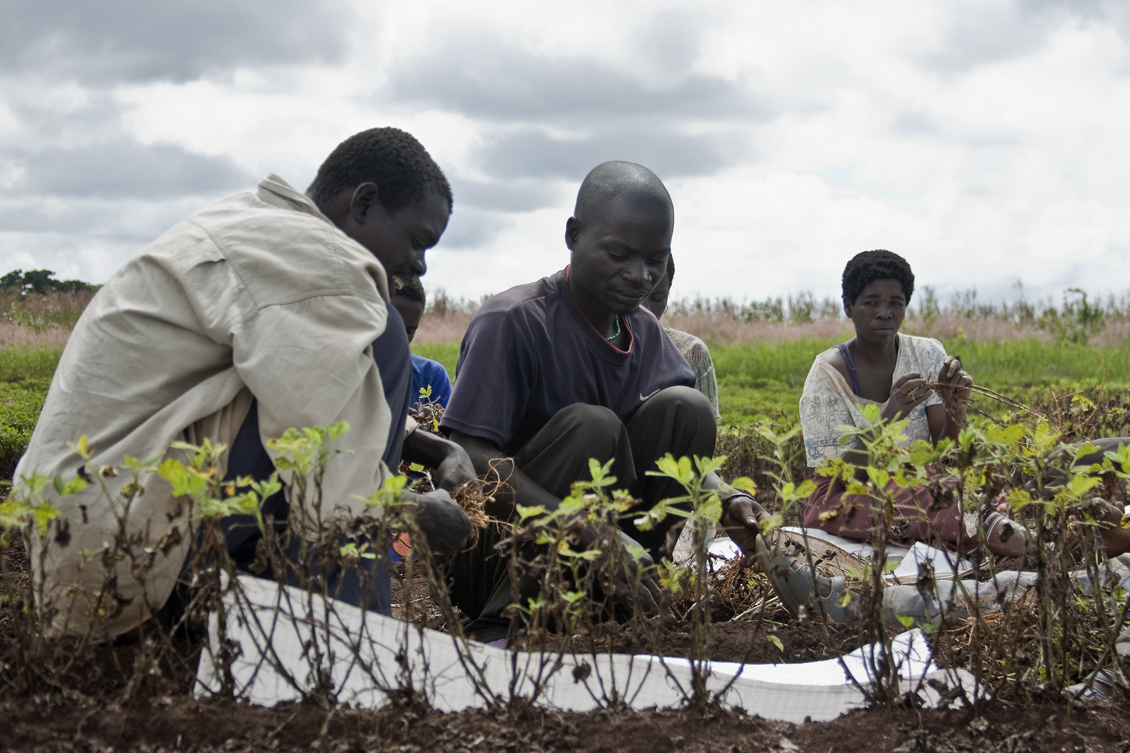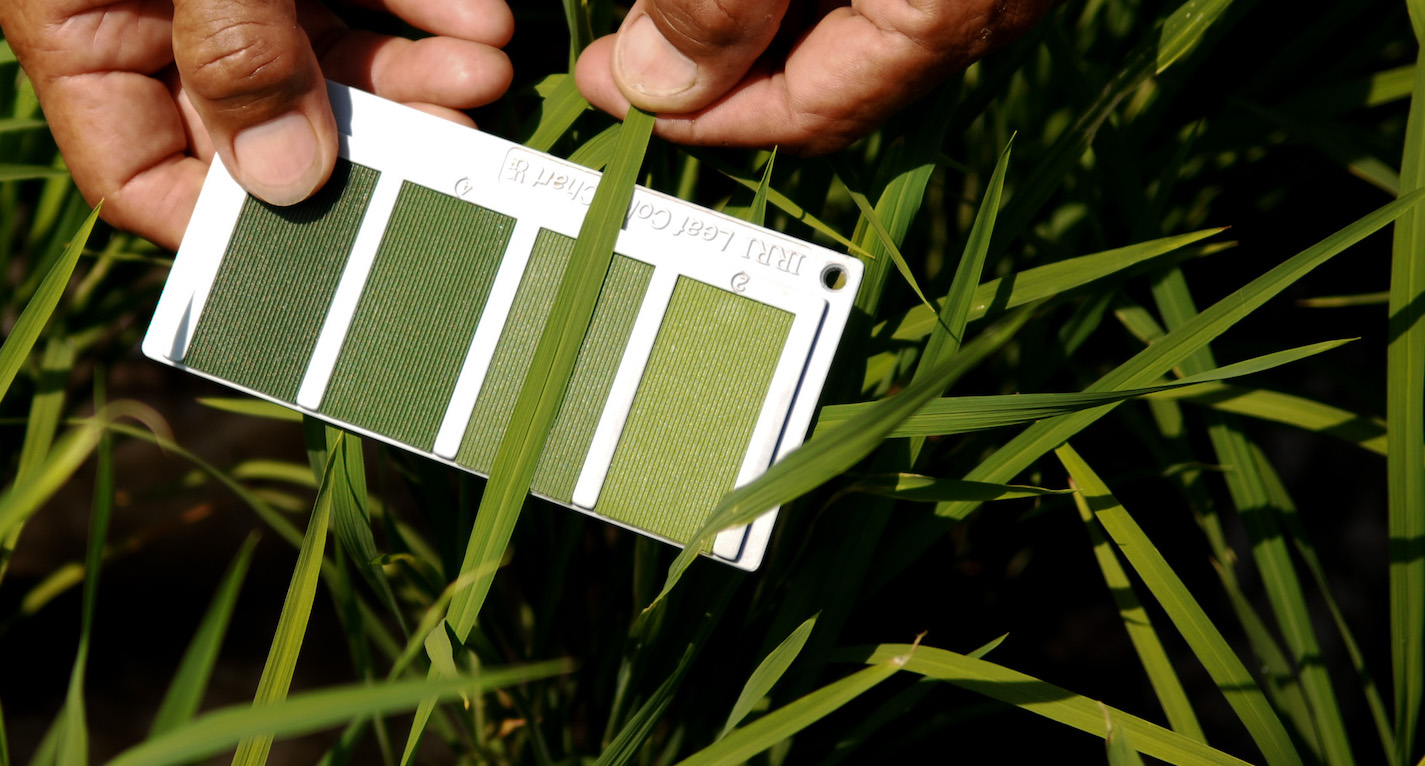If you’re aspiring to pursue a Bachelor of Science (BSc) in Biological Science at the Kwame Nkrumah University of Science and Technology (KNUST) in 2023, it’s crucial to familiarize yourself with the cut-off points and requirements for admission.
BSc in biological science
With the Biological Sciences BSc, you have the option of specializing in genetics or zoology or studying the field broadly. A solid academic basis in biological knowledge and essential skills underpins accredited degree programs, which also enable graduates to meet the demands of companies.
Cut Off Points
The cut-off points for the BSc Biological Science program at KNUST is 11.
BUY KNUST ADMISSION FORMS ONLINE
Admission Requirements
WASSCE/SSSCE APPLICANTS Entry Requirements
Core Subjects: Credit passes in English Language, Mathematics, and Integrated
Science.
Elective Subjects: Credit passes in Biology, Chemistry and either Physics or Mathematics.
For Environmental Science, Agricultural Science is acceptable in place of Biology.
‘A’ LEVEL AND EQUIVALENT Entry Requirements
‘O’ Level or equivalent: Credit passes in FIVE (5) subjects including English
Language and Mathematics, and
‘A’ Level or equivalent: Credit passes in Biology, Chemistry, and either Physics or Mathematics.
For Environmental Science, Agricultural Science is acceptable in place of Biology.
Also Read: KNUST Doctor of Optometry cut off points & requirements 2023
HND AND OTHER DIPLOMA Entry Requirements
Applicants with a Higher National Diploma (HND) and Diploma in Science,
Laboratory Technology, or Medical Laboratory Technology are eligible to apply.
Applicants with Second Class Division or better will be considered for admission into the SECOND YEAR of the Programme and will be required to make up their deficiencies in Biology and Chemistry.
Applicants with another Diploma will be admitted into the first year of the programme.
Such applicants must also satisfy the university’s general admission requirement for degree Programmes.
Career Paths
A BSc in Biological Science from KNUST opens up a wide array of career opportunities. Graduates can pursue careers in fields such as:
Research and Development
Biotechnology and Pharmaceutical Industries
Environmental Conservation and Management
Healthcare and Medicine
Education and Academia
It’s worth noting that this is not an exhaustive list, and the skills acquired during the program can be applied to various other sectors as well.
Conclusion
It is imperative to meet the academic and non-academic requirements set by the university. Stay updated with official announcements to ensure you fulfill all necessary criteria for a successful application.
Remember to verify the specific cut-off points and requirements from the official KNUST website or through official announcements. This sample article provides a framework, but it’s important to use accurate and up-to-date information.











